With the beginning of Summer, things got a little more laid-back in the history of gaming: I could find fewer relevant dates than for the months before, though some important games were released as well.
First of all, we have three birthdays: Jordan Mechner was born on 4 June 1964. He graciously published his diaries between 1982 and 1993, the time he created Karateka and Prince of Persia and wrote history regarding rotoscoping, story telling and control mechanisms. He later developed several other games, but none came close to the success of his first two entries. David Darling, the creator of many games and co-founder of Codemasters with his brother Richard, was born on 17 June 1966. Less known outside of Italy is Ivan Venturi, who was born on 9 June 1970. He is still active today, but was mainly responsible for the development of more than a dozen games for Italian publisher Simulmondo between 1987 and 1993, where he also oversaw the development of the popular Diabolik and Dylan Dog series.
Two companies were founded in June, both of which I have covered just about enough in previous articles, so I will only mention the dates here: Atari on 27 June 1972 and Infocom on 22 June 1979. Between those dates, the Apple II was launched on 10 June 1977 by former Atari employee Steve Jobs and his friend and former Atari freelancer Steve Wozniak.
The death date for the month – thankfully only one this time – can also be connected to Atari: The “Lorraine” chipset, which would later become the heart of the Amiga computer, was devised in 1982 at a company called Hi-Toro that entered into a deal with Atari before eventually being sold to Commodore. Jay Miner, one of the founders of Hi-Toro and the head of the Lorraine project, died on 20 June 1994.
A lot of games came out in June, so we’ll organise them into blocks.
First, there are the pioneers: Frogger, which came out on 5 June 1981, has become one of the most popular games of all time, with mentions in popular music, films and television. Dragon’s Lair was the first game to be played from a LaserDisc* and came out on 23 June 1983. Populous, which was the first god game, came out on 5 June 1989. Sonic the Hedgehog was the first game about the still unfathomably popular character and came out on 23 June 1991.
Then there are some games that stand out as particularly great examples of their genres: Klax, from 4 June 1990, in the block combination genre; Syndicate, from 6 June 1993, in the real-time strategy genre; Day of the Tentacle, from 25 June 1993, in the humourous adventure genre; and Die Siedler/The Settlers/Serf City, from 30 June 1993 (which I covered recently in a “Shorts” video), in the city building genre.
And finally, there are a couple of games that enjoy popularity for other reasons, either simply as good games, or as parts of longer series: Wrecking Crew (18 June 1985) as a game featuring Mario and Luigi; Dragon Spirit (20 June 1987) as a Shoot ’em Up game; John Madden Football (1 June 1988) as a sports game linked to a star player; Blaster Master (17 June 1988) as the first game of a long series; Bonanza Bros. (18 June 1990) as a strategic platformer; and Legend of Zelda: Link’s Awakening (6 June 1993) as the only Zelda game exclusive to the Game Boy.
As usual, you can find information about all the mentioned games at MobyGames or other game databases.
And once again, the list of games ends a month in the history of gaming. Be sure to come back next month when we enter the midsummer heat and a slew of exciting dates about people, hardware and games.
*Edit, 26 June: I was pointed at Astron Belt, a game generally regarded to be the first LaserDisc game that came out earlier in 1983. My comment about Dragon’s Lair was meant to imply “LaserDisc footage only” as opposed to Astron Belt‘s rendered graphics on top of the LaserDisc material, but I realise that wasn’t obvious at all. Hopefully, this is now less ambivalent.
The featured image for this article was created using a photo by user Ann on Unsplash. All other images are believed to fall under “fair use”.


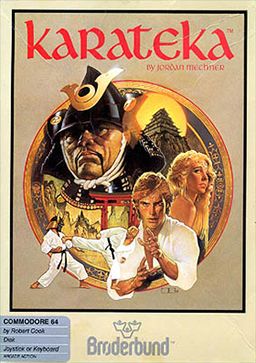
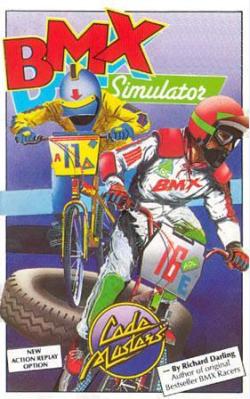
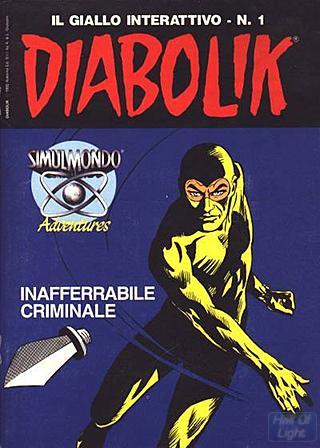
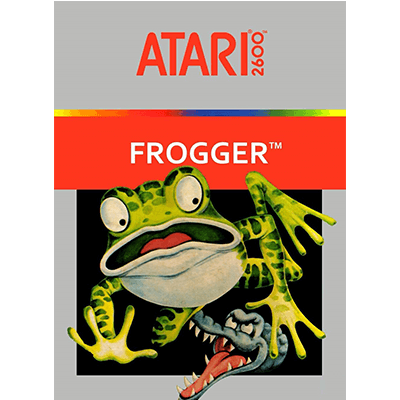
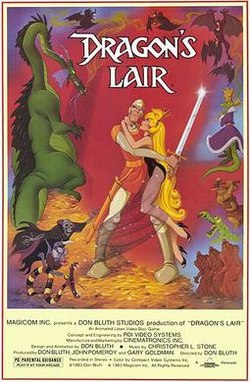
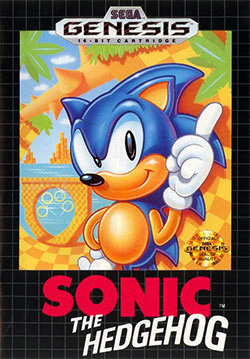
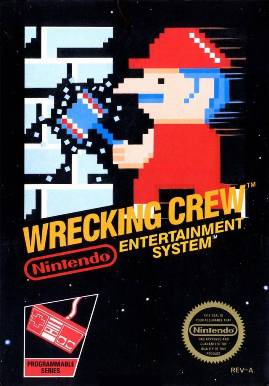
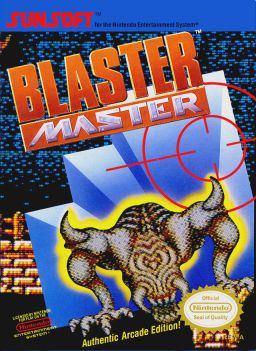
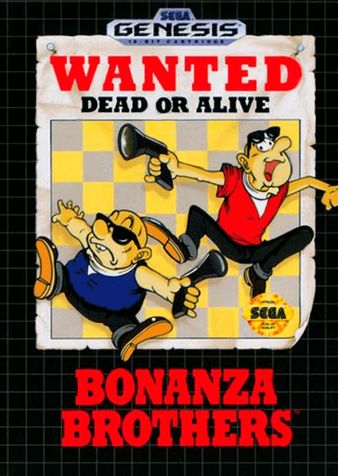
Comments are closed.